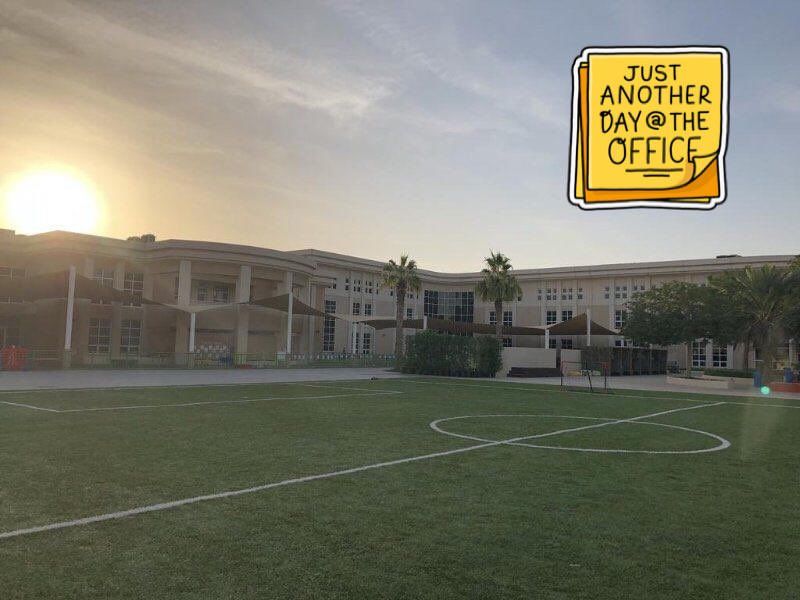I am re-writing this post following my first term, as I am preparing to head back out with my family. It is like a second departure. We are finding we have a number of family and goodbye commitments to fulfil. We have to manage the children, who are now on summer holiday.
How are you getting to the airport? Who is picking you up at the other end? That will usually be confirmed by the school.
WhatsApp at the ready.
How are you getting to work? Walking to site, school provided, rental, taxis or purchasing. If rental car, you can set this up easily enough ahead of time by email. You will need your drivers license (30 days), passport and credit card for security. In Dubai – my car was delivered to school.
Set up a pre-paid debit card. It was very useful.
Arrived and the first few weeks
I arrived in April. Mid-year transfers do not seem to be that common so read what I write from here on in, with a pinch of salt.
Arrivals – I benefited from a meet and greet service at the airport. That was a really nice touch. They took me through customs and made sure I got my Visa stamped and paperwork completed.

I arrived without my family. I had a day to get settled in. The temporary accommodation was smart. It has a small kitchenette, washing facilities, ironing board and wifi. It makes life just that little bit easier. It has a gym, pool and hot tubs. In the round, I think it is a good solution, if not a long term one. I did come home to a birthday cake on afternoon too!
For the first week I got a taxi to and from work before moving to a rental (I didnt know about the Careem and Uber Apps). These two options were about the same cost.
Next – it’s warm. Sunny. It quickly became hot.
A trip to the local mall, with your passport, will enable you to get a local visitors SIM card that needs to be topped up. I bought mine with my first shop at Carrefour and then I had to get a voucher.
Don’t forget school will need your passport and local contact number for your Emirates ID.
“Moving costs” is borrowed from my experienced international teaching colleague. These are the upfront costs associated with moving to a new country. Residency costs, local drivers license (eye-test), short-term transports costs, deposits, mobile SIM… I will keep adding to this list as I encounter them.
School arranged for HSBC to visit. Bank account set up, the paperwork and card was delivered to school. Almost every business and delivery operates via SMS. So you will definitely need that mobile number.
Expect the first few weeks to be disjointed, you are new, a guest, and there is a fair amount of paperwork to complete.
What I wish I had known
Create a destination email account. eg Gmail. You may find yourself setting up numerous new accounts; banks, utilities, rentals…
A local number if essential. Lots of transactions and notices are confirmed via SMS and/or Email. Emirates ID updates, bank withdrawals, credit card payments, free wifi access and utilities updates.
Download Google’s Offline map and navigate offline. Save your expensive mobile data. That’s been a plus.
WhatsApp is the local communication platform. It is worth learning how to save and invite a contact as well as sharing a map ‘pin’ to confirm a pick-up or delivery location.
There is a lot to learn. Be prepared for a steep and committed professional and personal experience.
During my first term I heard the phrase “Two, five or life.” Expats (not just teachers) typically stay for 2 or 5 years. Otherwise for life. This has a lot to do with the gratuity structure. Labour laws in the UAE outline that employees with be pay 21 days of pay based on your final basic salary. However, upon your fifth employment anniversary, you will be entitled to 30 days of pay.
There are other teachers sharing their international teaching experiences, Tom Rogers (Slovenia via Spain) and Freya Odell (who we visited in January, Rome via Wiltshire) and Olly Lewis (Abu Dhabi)… just three people to seek out. Also the Leopard Teaching Internationally group on LinkedIn.


